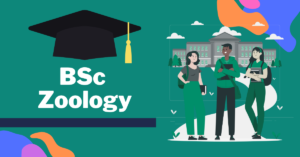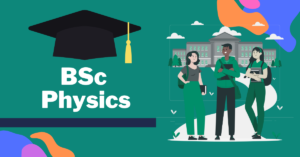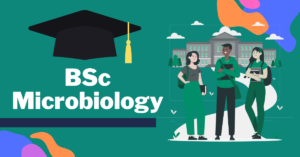Falano College
Welcome to our platform which offers comprehensive reading material for students. It includes notes, syllabus, questions, and old question papers, providing a one-stop solution for students to prepare for their exams.
Our Courses
Latest News
Earn Money in Nepal for Students | Top 10 Jobs to Earn Money
BSc Zoology: A Complete 2025 Guide to Career, Colleges & Scope
Introduction to BSc Physics
BSc Microbiology in Nepal: Complete Guide
What we Deliver ?
Falano College is an innovative educational technology platform that is dedicated to helping students excel in their studies. The site provides an extensive range of reading material, including detailed notes, up-to-date syllabi, practice questions, and previous years’ exam papers. This comprehensive package of resources offers students a convenient, all-in-one solution for their academic preparation. The material has been designed and curated by experienced educators, ensuring that students receive the best possible guidance and support. With Falano College, students can feel confident and prepared for any exam, giving them the best chance of success.





